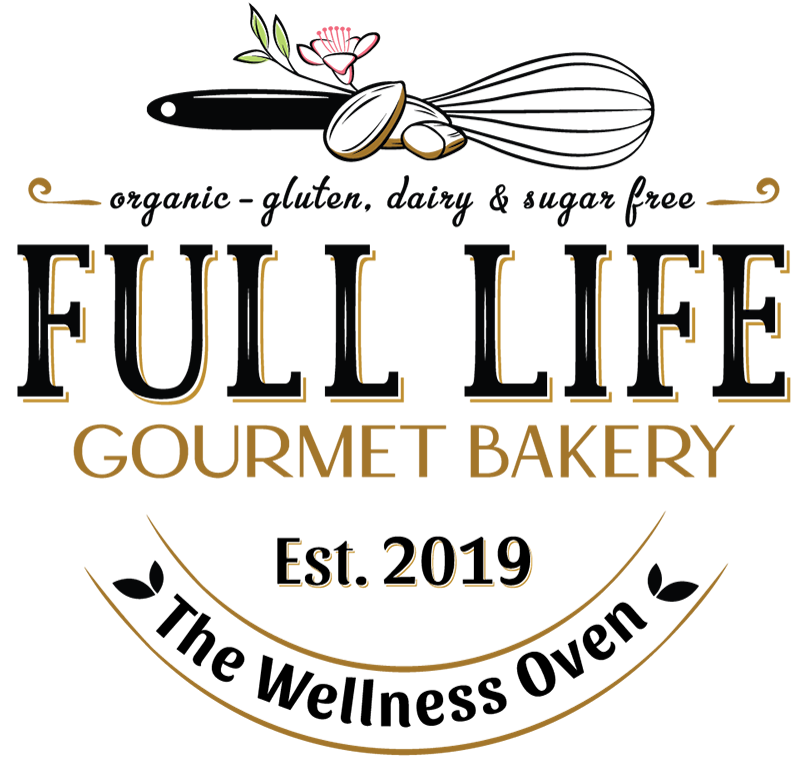
Picture this: you’re walking into work, and the atmosphere is brimming with energy. Colleagues greet each other warmly, share ideas freely, and collaborate seamlessly. In such an environment, not only do careers thrive, but personal satisfaction soars. Building meaningful workplace relationships is no longer optional—it’s essential.
Trust, collaboration, and effective communication are the cornerstones of any successful professional relationship. This article explores how these elements drive career satisfaction and productivity while offering actionable strategies to strengthen workplace connections. For health-conscious, active individuals and families who value well-being, these lessons carry over into personal lives, creating harmony both at work and at home.
Why Workplace Relationships Are Crucial
In an era where technology often replaces personal interaction, meaningful workplace relationships remain indispensable.
- Trust forms the foundation for innovation and risk-taking. When employees trust their teams, they feel empowered to think creatively.
- Collaboration enables diverse talents to work toward shared goals, producing results that exceed the sum of individual efforts.
- Effective communication ensures ideas flow seamlessly, minimizing conflicts and misunderstandings.
A 2023 study by the American Psychological Association found that employees with strong workplace relationships are 47% more likely to report high job satisfaction and 54% more productive compared to those without these bonds. These relationships not only enhance work outcomes but also contribute to personal well-being, a key priority for health-conscious individuals.
Building Trust
Trust takes time but yields immense rewards. Here’s how you can cultivate it:
- Consistency: Be reliable in your commitments, whether delivering projects or meeting deadlines.
- Transparency: Openly share your goals and challenges. Honesty fosters mutual respect.
- Integrity: Uphold ethical standards, even when it’s inconvenient.
Real-life Example: Consider Jane, a project manager who consistently communicates delays and solutions to her team. Her transparency earns trust, making her team more cohesive and resilient under pressure.
Fostering Collaboration
Collaboration thrives in inclusive, supportive environments.
- Diversity matters: Teams that embrace different perspectives produce innovative solutions.
- Active listening is key: Show genuine interest in colleagues’ input during discussions.
- Define roles clearly: Ensure everyone understands their responsibilities to avoid confusion.
Pro Tip: Use collaborative tools like Trello or Slack to streamline group tasks and keep everyone aligned.
Mastering Effective Communication
Good communication bridges gaps and strengthens bonds.
- Empathy in action: Understand colleagues’ emotions and perspectives during interactions.
- Clarity is essential: Avoid jargon and articulate ideas succinctly.
- Timely feedback: Offer constructive critiques and praise when deserved.
Unique Insight: In hybrid work environments, prioritizing video calls over emails for sensitive conversations fosters better understanding and connection.
Practical Tips to Build Rapport
Building rapport requires intentional effort. Try these actionable steps:
- Break the ice: Start with casual conversations about hobbies or weekend plans.
- Celebrate achievements: Acknowledge milestones, from promotions to personal wins.
- Host informal meetups: Suggest team lunches or coffee breaks to deepen connections.
- Practice gratitude: A simple “thank you” goes a long way in creating goodwill.
Analysis and Insights
The Changing Landscape of Workplace Relationships
With the rise of remote and hybrid work, maintaining connections has become a challenge. Virtual communication tools, while convenient, often lack the personal touch of face-to-face interactions. Leaders now need to prioritize creating opportunities for meaningful engagement, whether through regular video check-ins or occasional in-person team events.
Trends and Opportunities
Emerging trends, such as employee wellness programs, emphasize the importance of relationships in reducing workplace stress and increasing retention. Forward-thinking companies are:
- Incorporating team-building exercises during retreats.
- Providing mentorship programs to foster connections between employees at different career stages.
- Leveraging AI tools to improve task management, freeing time for relationship-building.
Task Optimization for Better Relationships
Task optimization not only enhances productivity but also creates opportunities for connection. Techniques such as task batching and priority setting reduce workload stress, leaving room to engage meaningfully with colleagues.
Example: By grouping similar tasks, Maria, a health-conscious marketing executive, saves two hours daily, which she spends mentoring a junior team member. The result? A stronger bond and greater team morale.
Conclusion
Workplace relationships are more than a career booster—they’re a cornerstone of personal and professional well-being. By building trust, fostering collaboration, and mastering communication, you can transform your work environment into a space of mutual growth and satisfaction.
Call to Action: Start today—reach out to a colleague, celebrate a teammate’s achievement, or practice empathy during your next meeting. And don’t miss Thursday’s article, “Productivity Boost: Task Optimization Techniques for a Smoother Workflow,” to learn strategies that can free up time for meaningful connections.
By Guillermo Brillembourg




